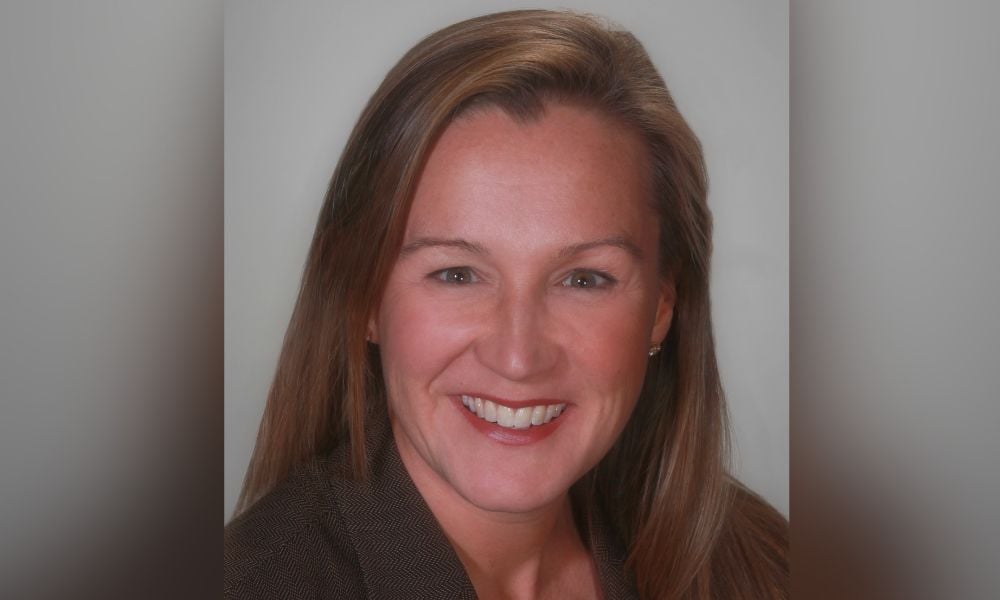

In the new world of free trading on stocks and ETFs, online brokerages appear to be making up for some of their lost revenue through higher volumes of risky bets investors are making via options and margin loans.
Across the country, an estimated 6 to 7 million households are trading on margin or using options, according to data published today by consumer research firm Hearts & Wallets. Over the past year, 16 percent of households placed options trades, and the frequency is significantly higher among younger investors, the firm found.
“I suspect this is much higher than it was 10 years ago,” said Laura Varas, CEO of Hearts & Wallets.
“That’s an unintended consequence from the elimination of trading revenue from ETFs and stocks.”
People are also more likely these days to have an online brokerage account. Over half, 51 percent, of US households have them, including 40 percent among those with less than $100,000 in assets to invest, the firm found.
Amid a spike in competition that began several years ago from firms like Robinhood, online brokerages cut trading fees, making up for the revenue through payment for order flow. Companies with affiliated cash-sweep programs also did well by investing client assets, though they have since been prodded to pay higher interest rates to investors, following a widespread crackdown by the Securities and Exchange Commission.
Hearts & Wallets didn’t see many differences in the frequency of options trades by an investor’s level of assets, except for slightly higher use among those with at least $3 million. However, options use was most common for investors under age 50, with roughly a third of people having placed at least one options trade over a year.
Further, having a financial advisor was linked to higher usage of options. Among those younger than 35, those with advisors were twice as likely as peers to trade options. Within that age category overall, 11 percent of households reported having six or more options trades over a year.
While using options can be a “healthy and legitimate” practice for seasoned investors who understand them well, “I wonder how healthy of a behavior it is” for the broader base of online brokerage account owners, Varas said.
Additionally, nearly a quarter, 24 percent of all households surveyed, reported using margin lending. Fifteen percent did so for less than 25 percent of their brokerage account assets, while 6 percent margined 25 percent to 50 percent of their balances, and another 4 percent did so for over half their balances, according to Hearts & Wallets.
Separately, an encouraging finding is that people appear to be much more aware of what products they’re invested in than they were over a decade ago, Varas said. In 2023, less than half of investors (45 percent) were able to answer questions about what funds, stocks, or other products they held – and that figure went up to 86 percent in the firm’s most recent survey.
Further, knowledge about what they invest in increases with asset levels, with about 90 percent of households with $75,000 or more being able to name the provider and product names in their portfolios.
“Today they’re more focused on products than their portfolio allocation,” Varas said. “Products are the best way to scalably deliver advice to the mass market. I’m thrilled about this. I’ve been expecting it for 10 years.”
Among product providers, firms that have more of a presence in direct relationships with clients, rather than through intermediaries, show a greater affinity with them, Hearts & Wallets found.
The companies with the highest “pride of ownership” scores were Fidelity, Vanguard, Charles Schwab, and J.P. Morgan.

After a two-year period of inversion, the muni yield curve is back in a more natural position – and poised to create opportunities for long-term investors.

Meanwhile, an experienced Connecticut advisor has cut ties with Edelman Financial Engines, and Raymond James' independent division welcomes a Washington-based duo.

Osaic has now paid $17.2 million to settle claims involving former clients of Jim Walesa.

Oregon-based Eagle Wealth Management and Idaho-based West Oak Capital give Mercer 11 acquisitions in 2025, matching last year's total. “We think there's a great opportunity in the Pacific Northwest,” Mercer's Martine Lellis told InvestmentNews.

Osaic-owned CW Advisors has added more than $500 million to reach $14.5 billion in AUM, while Apella's latest deal brings more than $1 billion in new client assets.
Orion's Tom Wilson on delivering coordinated, high-touch service in a world where returns alone no longer set you apart.
Barely a decade old, registered index-linked annuities have quickly surged in popularity, thanks to their unique blend of protection and growth potential—an appealing option for investors looking to chart a steadier course through today's choppy market waters, says Myles Lambert, Brighthouse Financial.
